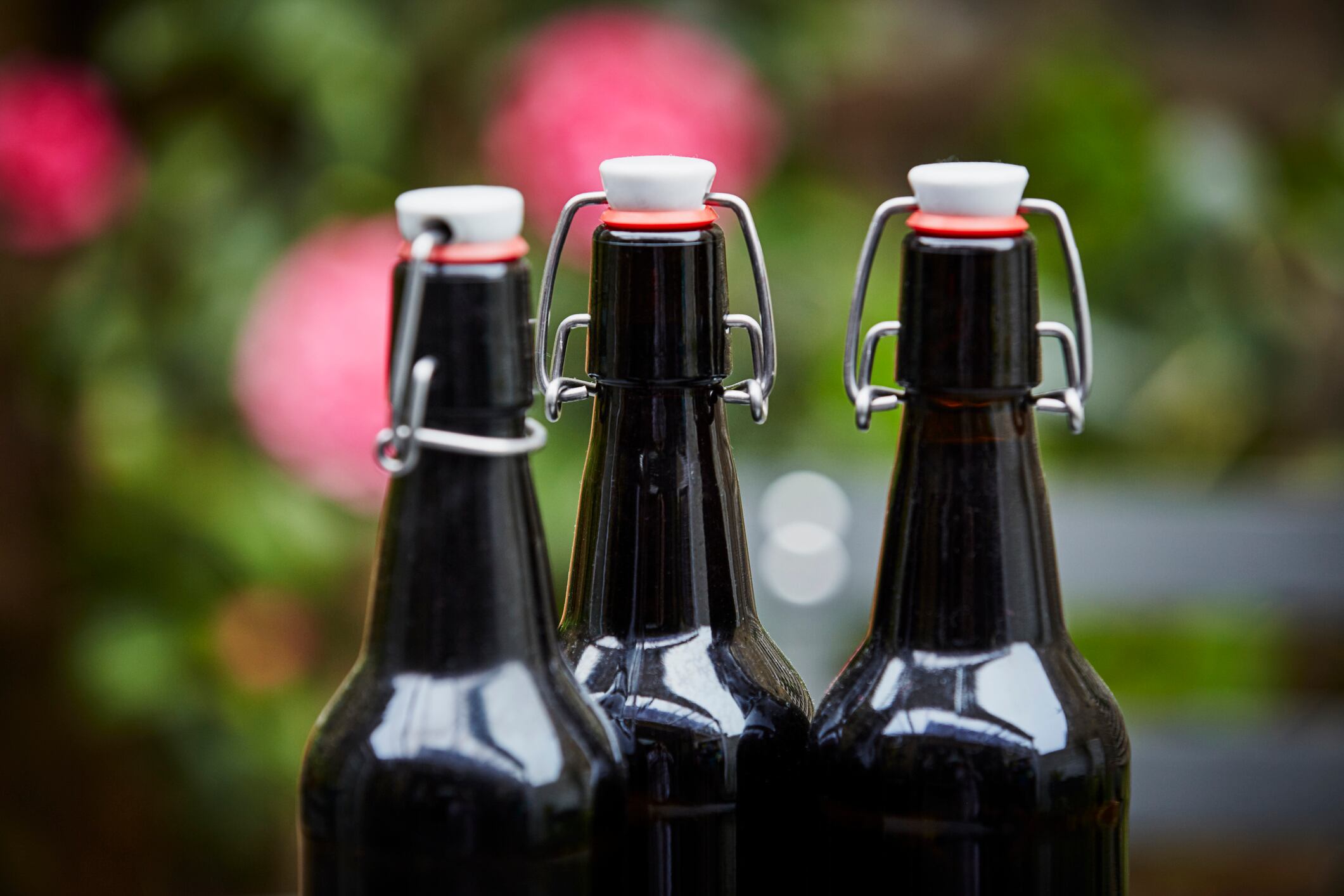The letter, written by UKHospitality chief executive Kate Nicholls to Steve Reed, Secretary of State for the Department for Environment, Food and Rural Affairs (Defra), warns that in its current form the EPR will cost the hospitality sector millions in additional cost as a result of business being forced to ‘pay twice’ for recycling.
It adds that venues will have no choice but to pass this ‘double charge’ onto consumers.
Businesses including Azzurri Group, Burger King UK, Fuller’s, Marston’s, Punch Pubs & Co, St Austell Brewery, Stonegate Group and Wells & Co are among the signatories.
EPR is a policy approach that holds producers financially and/or operationally responsible for their products throughout their lifecycle.
The legislation underpinning it came into force on 1 January, with producers required to meet these costs from April 2025 onwards.
Its aim is to move the cost of dealing with household packaging waste away from taxpayers to the businesses who produce the packaging themselves.
Nicholls’s letter highlights how bottles of beer and wine are ‘incorrectly classified’ as household waste in the legislation and thus subject to additional disposal fees under EPR, despite not ever leaving the hospitality premises.
It continues that this levy, charged to suppliers, is being passed directly onto hospitality venues, who are already paying to recycle the products commercially.
“Fundamentally, the design of the EPR scheme is flawed, as a result of poor policy design by the previous Government,” the letter reads.
“Hospitality businesses are being double charged. They are being passed on an EPR charge, levied on a product incorrectly determined as household waste, and they’re also paying for that same product to be disposed of commercially.
“This is non-sensical. EPR is designed to recover costs for the collection of household waste. The vast majority of packaging supplied to hospitality businesses is not leaving the premises and should not be considered as ‘household’ waste.
“There is a significant price premium associated with buying on-premises due to associated property and people costs. Packaging supplied directly from suppliers to hospitality businesses, particularly closed-loop businesses, should not be levied with EPR charges.
“The logic appears to be that a bottle of beer or wine could be served to the customer and end up in the household waste system. This is not the reality for the vast majority of hospitality businesses that collect any packaging served to their customers.
“This is common sense for any of our customers.”
The letter goes on to recommend that Ministerial instruction is given to clarify the relevant regulations and guidance so that direct supply of packaging to hospitality businesses and exclusive hospitality wholesalers (including pub companies) is exempt.
“The consequences of the flawed EPR scheme are now being felt by the hospitality sector,” it continues.
“Bills from suppliers are now being received, resulting in significant cost increases as a result of EPR.
“Medium sized outlets are seeing increases nearing £750 and a small venue up to £350 per year. Larger pubs will see increases of around £2,000. This is in addition to their commercial waste contracts.
“Hospitality businesses will be forced to pass at least some of the additional cost of this EPR fee onto their customers, as their suppliers have done to them.”
In a statement provided to Restaurant, a Defra spokesperson said: “We are committed to cracking down on waste and boosting recycling, with the extended producer responsibility for packaging being a vital first step for our packaging reforms.
“We have been clear that all councils will use this funding to deliver improved waste collection services for their communities.
“The Government will continue to work closely with businesses on our packaging reforms programme, which together will create 21,000 jobs and help stimulate more than £10bn investment in recycling over the next decade.”
To read the full letter, click here.


